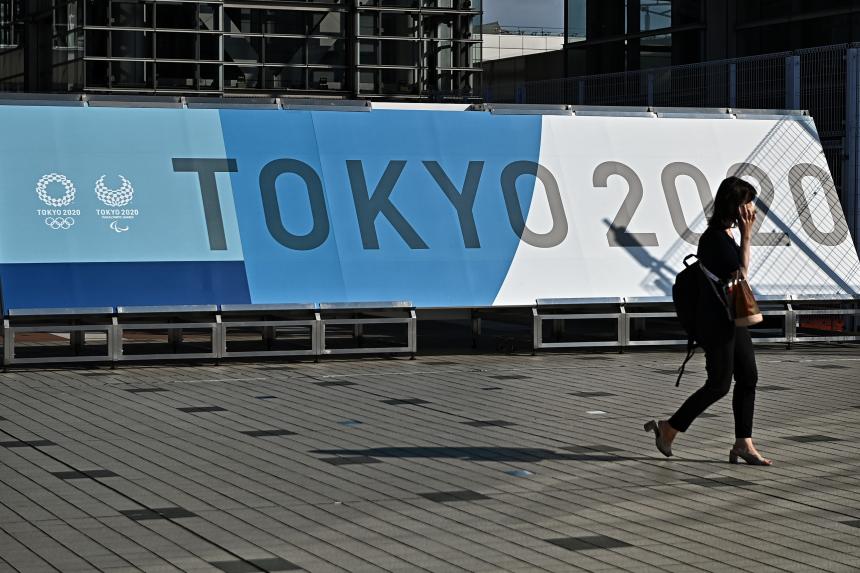NEW YORK – A Texas man who pleaded guilty to involvement in providing banned performance-enhancing drugs to athletes before the Tokyo Olympics in 2021 was sentenced on Feb 21 to three months in prison, United States prosecutors in Manhattan said.
Eric Lira, 44, based in El Paso, had been the first person charged under the Rodchenkov Anti-Doping Act, a 2020 federal law that criminalises doping schemes that are intended to influence sports events.
Prosecutors said Lira, styling himself as a “kinesiologist” and “naturopathic doctor”, distributed banned drugs that included human growth hormone to athletes preparing for the 2020 Olympics, which were held in 2021 because of the pandemic.
One of those was banned Nigerian sprinter Blessing Okagbare, who was expelled from the Games just before the women’s 100m semi-finals.
She had tested positive in an out-of-competition test in Slovakia before the start of the global sporting showpiece.
She was subsequently banned from the sport for 10 years.
“Doping not only distorts fair play but also erodes the essence of sportsmanship,” US Attorney Damian Williams in Manhattan said in a statement.
“Today’s sentence sends a clear message, that violating the Rodchenkov Anti-Doping Act comes with serious consequences up to and including incarceration.
“That message is especially important this year with the upcoming Summer Olympic Games in Paris.”
Court papers quoted one track athlete – it is not clear if it was Okagbare – who received illegal drugs from Lira.
The athlete, after performing well, wrote him messages including “Eric my body feel so good”, “I am soooo happy”, and “Whatever you did, is working so well”.
Lira was sentenced by US District Judge Lorna Schofield in Manhattan. He was also ordered to serve one year of supervised release and to forfeit US$16,410 (S$22,000).
Lira’s lawyer did not immediately respond to requests for comment. She had sought probation for her client, calling his conduct “the most innocuous violation of (the Act) one could imagine”.
The Act was named after Grigory Rodchenkov, the former head of Russia’s anti-doping laboratory, who blew the whistle on that country’s doping scandal following the 2014 Winter Olympics in Sochi.
The maximum sentence for violating the Act is 10 years in prison. REUTERS, AFP

